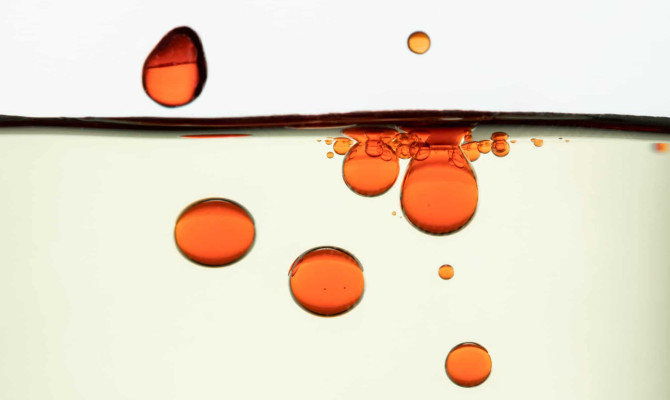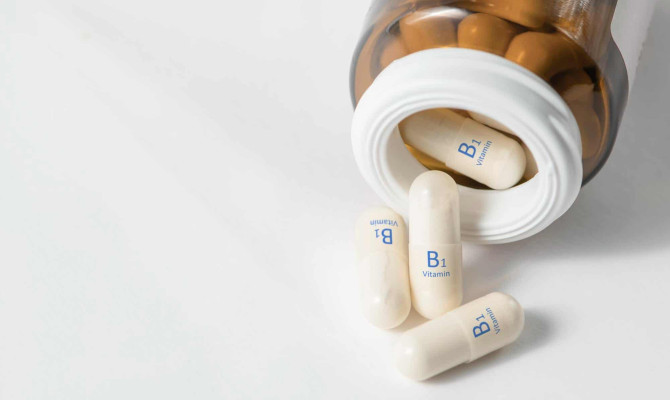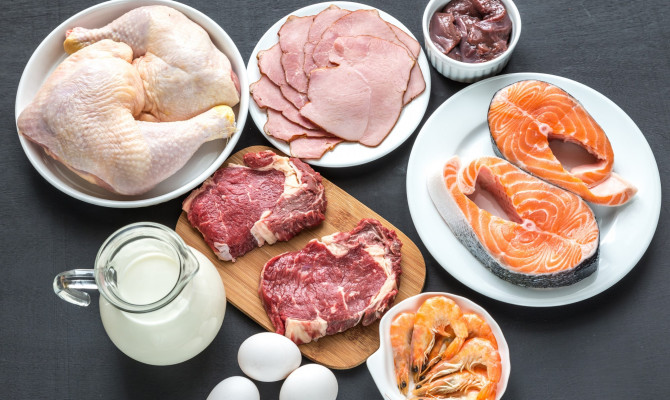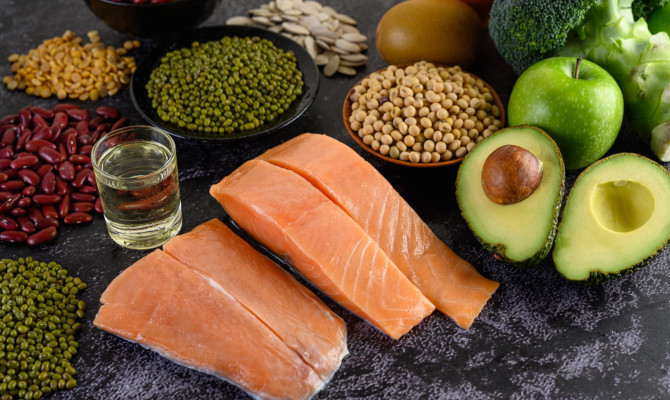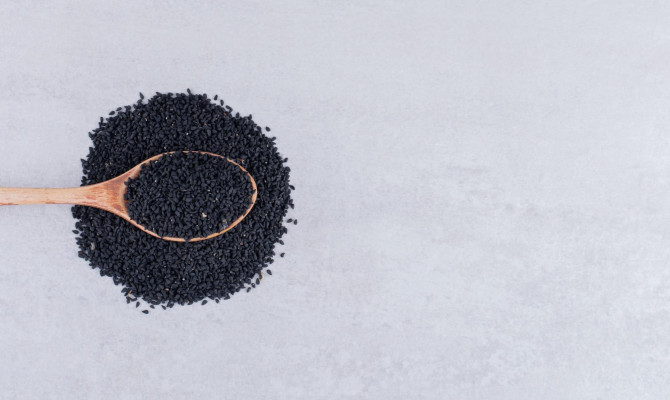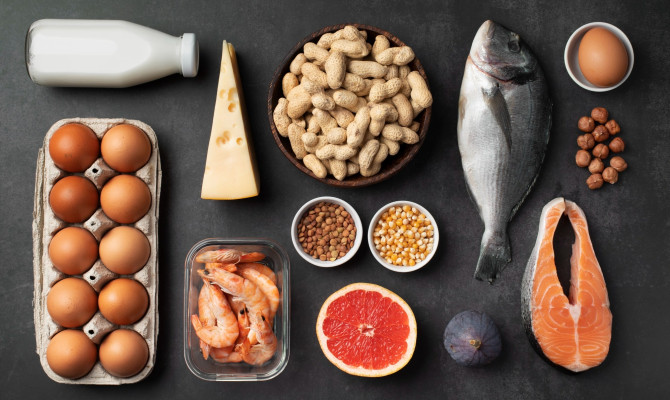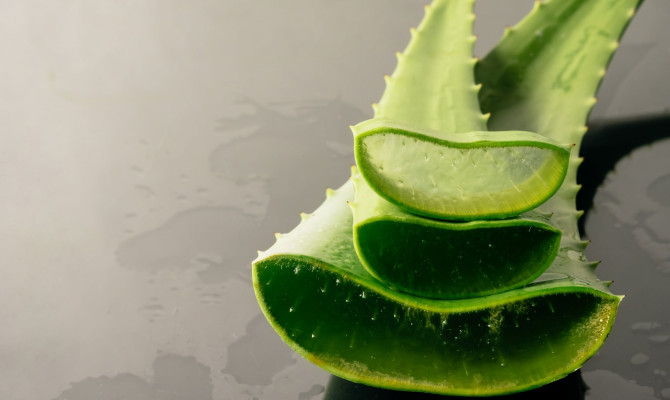Artichoke extract : Benefits, side effects and Interactions

- Artichoke Extract
- 16 Aug 2023
Overview
About artichokes
The thistle plant variety known as artichokes is frequently used in cuisine and has a distinctive flavor and nutritional value. They are a well-liked component in Mediterranean cooking. They have been around for millennia, valued by the ancient Greeks and Romans for their therapeutic qualities.
This article will examine artichokes’ culinary and health applications and offer advice on picking and cooking them. We’ll also talk about some cultural relevance and facts. Read on to find out more.

Key facts
- The artichoke is a bud of a flower that has not yet opened. The bud will ultimately open into a stunning purple-blue flower if left on the shrub.
- They are among the first foods still in existence and date back to classical Greece and Rome.
- Only males devoured them because they were considered aphrodisiacs in the 16th century. Women were forbidden from eating them.
- Up to 20 artichokes can be produced annually by a single artichoke plant.
- They are frequently featured on coats of arms and city seals as a sign of peace and prosperity.
Nutrition
Nutritive worth
They are a low-calorie, high-nutrient vegetable known as a nutrient-dense food. This is what a medium-sized contains:
- Calories- 60
- Carbohydrates- 13.5 grams
- Protein- 4.2 grams
- Fat- 0.2 grams
- Fiber- 6.9 grams
- Vitamin C- 15% of the recommended daily intake.
- Vitamin K- 18% of the RDI
- Fole- 10% of the RDI
- Potassium- 13% of the RDI
- Magnesium- 6% of the RDI
They are also rich in antioxidants, including quercetin, rutin, and anthocyanins.5Nutrition| Researched based study from Fda.gov
Benefits

What are the benefits?
Antioxidant properties
- They contain many antioxidants, including vitamins C and E, flavonoids, and polyphenols. Antioxidants aid in shielding cells from the harm that free radicals, dangerous substances that can cause chronic illnesses like cancer and heart disease, can bring to cells.
Digestive benefits
- They are an excellent prebiotic fiber source, which helps improve digestive health by feeding the bacteria in your stomach. The thread also encourages feelings of fullness, which may aid weight management.
Potential anticancer effects
- They include cynarin, a substance with shown anticancer activity. They also have many other substances, such as silymarin and caffeic acid, which have been proven to have anticancer properties.1Benefits| Researched based study from Nlm.nih.gov
Heart health
- They are heart-healthy meals since they are low in fat and high in fiber. By attaching to bile in the gut and preventing it from being reabsorbed into circulation, the soluble fiber in them can aid in lowering cholesterol levels.
Liver health
- They include substances, such as cynarin, that have been demonstrated to enhance liver health by boosting bile synthesis and liver function. The body uses bile to break down fats and get rid of toxins.4Benefits| Researched based study from Nlm.nih.gov
Blood sugar management
- To control blood sugar levels, the fiber may assist in slowing down the absorption of glucose into the circulation. This makes it a suitable meal option for people with diabetes or those trying to control their blood sugar levels.
Skin health
- Antioxidants, especially vitamin C, can aid in defending the skin from sun and free radical damage.1Benefits| Researched based study from Nlm.nih.gov
Adverse effects
Adverse effects of artichokes
Allergic responses
- Artichokes may cause allergies in certain people. From minor symptoms like itching, redness, or swelling to more serious reactions like trouble breathing or anaphylaxis, allergic reactions can manifest in various ways. It is advised to use caution if you have known sensitivities to thistle plants or other similar veggies.8Adverse effects| Researched based study from Nlm.nih.gov
Digestive disorders
- They include inulin, a carbohydrate that some individuals could find challenging to digest. It can cause the gut to ferment, which can cause symptoms like gas, bloating, and stomach pain, especially in individuals with sensitive digestive systems or those predisposed to irritable bowel syndrome.3Adverse effects| Researched based study from Nlm.nih.gov
Gallstone issues
- Bile production is known to be stimulated by artichoke leaf extract, which is beneficial for most people. However, gallbladder pain or increased contractions may be felt by those with gallstone problems. You should see a doctor if you have a history of gallbladder or bile duct issues.8Adverse effects| Researched based study from Nlm.nih.gov
Interactions
Interactions of artichokes
Statins
- They impact how statins are metabolized, frequently used to decrease cholesterol levels. The extract may raise the blood levels of statins, increasing the risk of adverse consequences. Before including artichoke supplements in your regimen, speaking with your doctor is crucial.7Interactions| Researched based study from Nlm.nih.gov
Anticoagulants (blood thinner)
- They could have antiplatelet effects and obstruct the anticoagulant effects of drugs like aspirin or warfarin. The likelihood of bleeding may rise as a result. If you currently take one, addressing any potential interactions with your physician before using a blood thinner is essential.6Interactions| Researched based study from Nlm.nih.gov
Antihypertensive medications
- They could reduce blood pressure or have a hypotensive impact. Combining hypertension or high blood pressure medications with artichoke extract may cause an abnormal reduction in blood pressure if you are already taking those medications.2Interactions| Researched based study from Nlm.nih.gov
Dosage
Recommended dosage
Several artichoke serving sizes are advised depending on how you consume it and your particular product.
A cooked or fresh artichoke
- There is no set dose for fresh or cooked artichokes because they are frequently eaten as a meal component. You may use it as a side dish, add it to words, or consume it in any way that suits your tastes.
Artichoke supplements or extract
- Depending on the product’s composition and concentration, the dose may change. Generally, the recommended daily amount of artichoke extract, which has been standardized to contain 2-5% caffeoylquinic acid, is 300-640 mg. However, adhering to the manufacturer’s or a doctor’s advice for the dose is essential.9Dosage| Researched based study from Sci-hub.se
Overdose
Overdose toxicity
- When taken in typical dietary proportions, they are considered safe for ingestion and do not pose a significant danger of overdose.
- However, due to the high fiber content, ingesting excessively may cause gastrointestinal discomfort, such as bloating, gas, or diarrhea. Additionally, people who have specific allergies or sensitivities might be negatively affected.
- Eating it in moderation is recommended as part of a balanced and diverse diet, just like you should with any dietary component.10Overdose| Researched based study from Nlm.nih.gov
Consumption
How to incorporate artichokes into your diet?
Steamed or boiled
- Boiling or steaming artichokes until they are soft is a straightforward and traditional way to eat them. Serve them with a side of garlic, olive oil, or melted butter. With your teeth, remove the outer leaves and the meaty section.
Grilled
- Grilled food may acquire a somewhat charred texture and smoky flavor. Before serving, season with salt, pepper, and lemon juice.
Dips
- Mixing it with cream, cheese, and sauces may create a creamy dip.
Salads
- Combine them with mixed greens, cherry tomatoes, cucumbers, olive oil, and herbs for a light and flavorful salad.
Takeaway
Takeaway
Artichokes are an intriguing and distinctive vegetable that has long been valued for both their culinary and therapeutic benefits.
You can consider their possible advantages or enjoy their aesthetic and symbolic value; they provide a singular and enlightening experience.
Any feedback on this article?
 This Articles content was accurate
This Articles content was accurate Very Informative Article
Very Informative Article I have a question or a comment
I have a question or a comment
 This article contains inaccurate content
This article contains inaccurate content This article was not helpful
This article was not helpful I have a question or a comment
I have a question or a comment
We appreciate your helpful feedback!
Checkout our social pages
References
-
National Library of Medicine
Metabolic and Anti-Inflammatory Protective Properties of Human Enriched Serum following Artichoke Leaf Extract Absorption: Results from an Innovative Ex Vivo Clinical Trial | Benefits
-
National Library of Medicine
Anti-hypertensive Effects of Artichoke Supplementation in Adults: A Systematic Review and Dose-response Meta-analysis of Randomized Controlled Trials | Interactions
-
National Library of Medicine
Case Report: Severe Hematological, Muscle and Liver Toxicity Caused by Drugs and Artichoke Infusion Interaction in an Elderly Polymedicated Patient | Side effects
-
National Library of Medicine
Pharmacological Studies of Artichoke Leaf Extract and Their Health Benefits | Benefits
-
U.S Food and Drug Administration
Information for Consumers on Using Dietary Supplements | Nutrition
-
National Library of Medicine
A Review of Potential Harmful Interactions between Anticoagulant/Antiplatelet Agents and Chinese Herbal Medicines | Interactions
-
National Library of Medicine
Effects of atorvastatin and artichoke leaf tincture on oxidative stress in hypercholesterolemic rats | Interactions
-
National Library of Medicine
Asteraceae species as potential environmental factors of allergy | Side effects
-
SCI-HUB
The effects of Cynara scolymus L. supplementation on liver enzymes: A systematic review and meta-analysis | Dosage
-
National Library of Medicine
Artichoke (Cynara Scolymus) Methanolic Leaf Extract Alleviates Diethylnitrosamine-Induced Toxicity in BALB/c Mouse Brain: Involvement of Oxidative Stress and Apoptotically Related Klotho/PPARγ Signaling | Overdose












